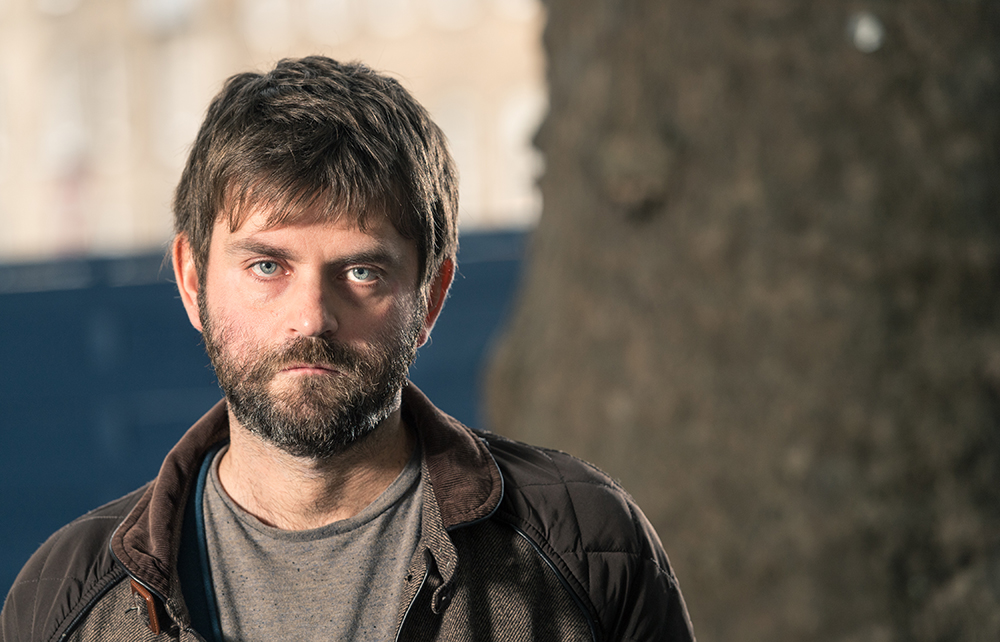Martin MacInnes’s third novel, In Ascension, is a literary sci-fi epic set in the 2030s. It centres on a Dutch marine microbiologist called Leigh Hasenboch. As a child she suffers from a violent, frustrated father and a distant, unavailable mother, and tries to protect her younger sister from the worst of it. One day, swimming in the Nieuwe Maas, she experiences a revelation: ‘Absolutely everything around me was alive.’
Her fascination with the marine world eventually takes her on a voyage to explore a newly discovered mid-Atlantic trench. Strange, harmful things happen to divers who approach it. It seems to repel the ship she is on, and its oval shape appears significant. But people who experience this alien, damaging space seem to be irresistibly drawn back to it.
When the voyage is over, Leigh’s specialism is in demand in connection with future food sources. Pandemics have raged, and global warming is ravaging the planet. Intergalactic travel is suddenly possible via a new, dimly understood power source. A message has come back from the long-lost Voyager space probe, and a celestial body, etched with ovals, has appeared. Leigh’s work leads her to California, and a far more dangerous voyage into space.
Jonathan Lethem has praised this novel, but uses the word ‘sombre’ in his jacket quote, and I began to find this mood increasingly one-note and undynamic. Characters aren’t always fleshed out and speak in an odd, intense manner that doesn’t ring true. ‘It anticipates us, contains us, outlives us,’ the ship’s leader says to Leigh about the water shortly after first meeting her.
In Ascension is strewn with jaw-dropping ideas – intergalactic travel as a civilisation killer, and thus a filter of ‘contacts’, for example – and is convincing on the science side. The plot is well-formed, if sometimes weighed down by detail. But the author seems unwilling to fully portray the most alien moments: the dives, or the passing of Jupiter. If you’re going to invent a world, you have to describe it. Michel Faber did it brilliantly in The Book of Strange New Things. That novel’s near identical emotive engine – the horror of distance from loved ones – was also more painfully evoked. Still, I’m glad I read MacInnes’s book to the end, from which implications peel away in layers. I’m still chewing over its ideas.






Comments